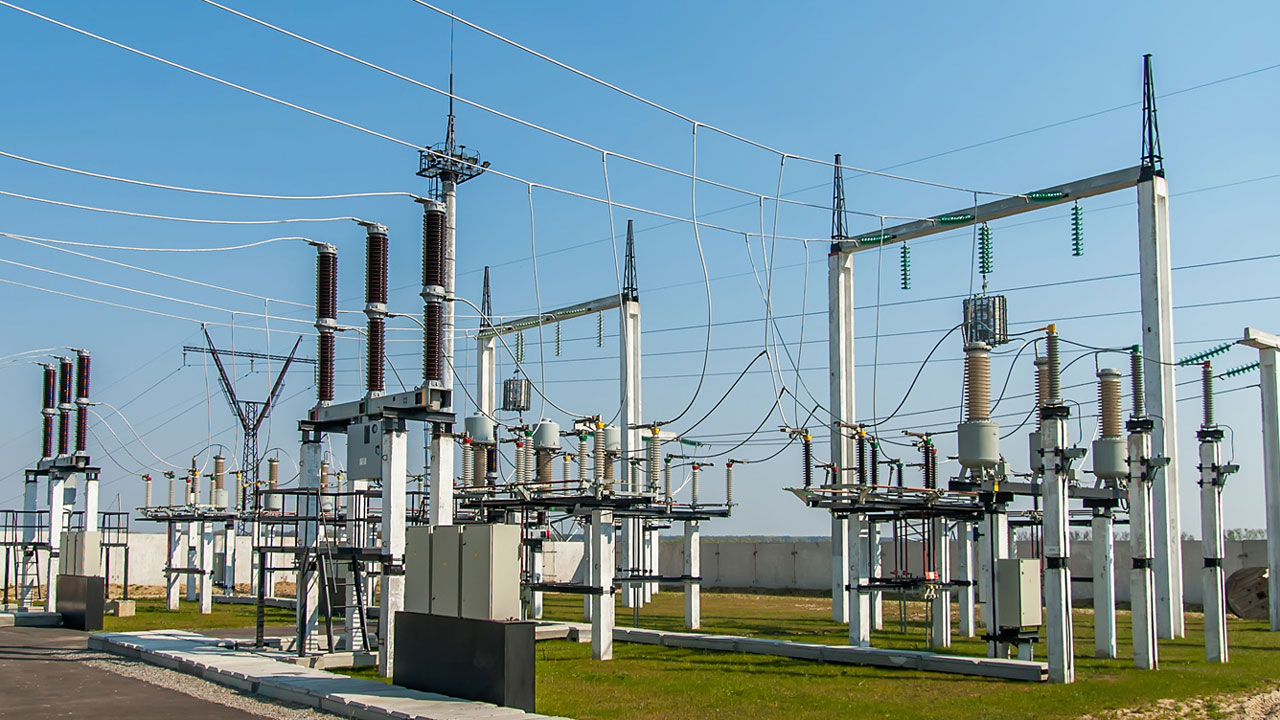Editorial
The World Bank (WB), in collaboration with the Pakistani government, is once again attempting to engage the private sector in the distribution of electricity, beginning with the more financially stable power distribution companies (Discos). The expectation is that success in this initial phase could facilitate similar participation in the struggling Discos. However, the Discos’ tenuous financial status poses a substantial hurdle to these efforts.
In contrast, a report from the Asian Development Bank (ADB) reiterates the necessity of addressing intrinsic challenges within the Discos to attract private investment effectively. Yet, these insights resemble past initiatives, reflecting a long-standing pattern of repeated efforts with little progress.
The involvement of international financial institutions like the WB, International Monetary Fund (IMF), and ADB has been crucial since the restructuring of the Water and Power Development Authority (WAPDA) in the early 2000s. The WB has chiefly focused on energy sector reforms, while the IMF has advocated for needed structural changes to combat issues such as the circular debt that adversely affects the sector. Meanwhile, the ADB has financed various projects aimed at increasing access to electricity and enhancing reliability.
Pl, watch the video and subscribe to the YouTube channel of republicpolicy.com
Since WAPDA was labelled unmanageable, the government sought to transition the power sector from public to private hands, following successful global trends exemplified by India. However, in Pakistan, this shift has met resistance, with minimal benefits for the public.
The privatization efforts, initiated via the unbundling of WAPDA in 1997 into several entities, have yet to yield effective results. A rapid increase in Independent Power Producers (IPPs) led to an excess in generation capacity that remains underutilized while tariffs remain prohibitive for consumers.
As of FY23, nearly all Discos reported substantial financial losses, exacerbated by low recovery rates in electricity collections. Despite an apparent need for reform, privatization efforts are being delayed, with the IMF stipulating Disco privatization as part of its bailout terms without any meaningful progress so far.
In summary, the Pakistani power sector is grappling with mismanagement, political interference, and a lack of genuine reform motivation. The role of the WB, ADB, and IMF is called into question as they continue to produce reports and advisories instead of enforcing real change. Until core governance issues are addressed, international assistance is unlikely to generate beneficial outcomes.
















